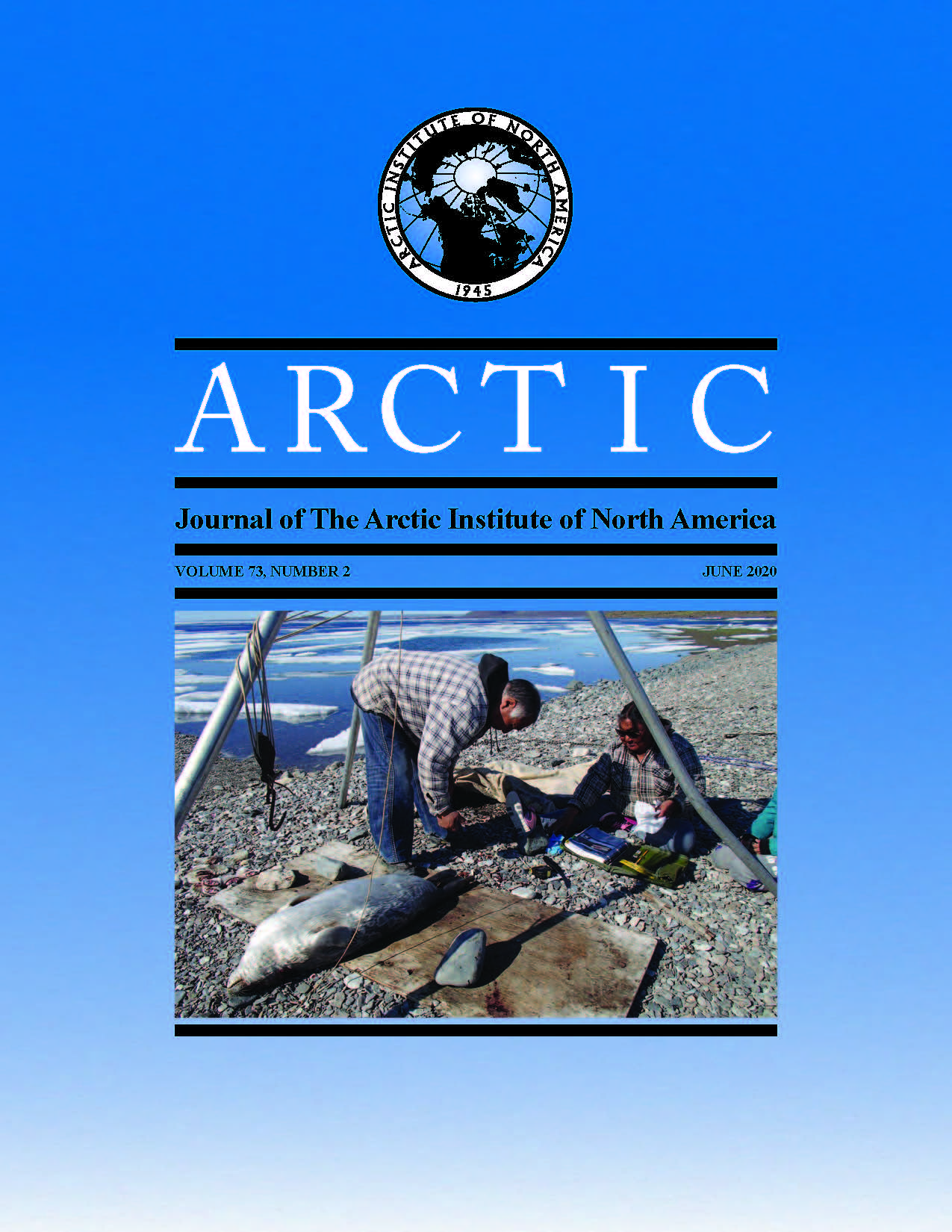Knowledge Mobilization in Community-based Arctic Research
DOI:
https://doi.org/10.14430/arctic70565Keywords:
knowledge mobilization; environmental change research; Arctic; Indigenous; community-based researchAbstract
Knowledge mobilization (KMb) is widely recognized as being essential to research, but there is limited academic guidance on how to do this well. This paper builds on the growing body of literature to develop a framework of key principles for KMb focused on Indigenous communities in the North American Arctic. We used a literature search and coding of identified good practice from both the grey and peer-reviewed literature (n = 80), alongside semi-structured interviews (n = 24) with key stakeholders to determine a framework of key principles and to contextualize and identify gaps or challenges. We found that effective KMb occurs throughout the research process and varies widely across regions and by researcher and community. Ultimately, there is no checklist of specific actions to ensure effective KMb, nor would such a list be desirable given the need to tailor KMb to specific contexts. However, we have identified three key principles of effective KMb: 1) respect, 2) mutual understanding, and 3) researcher responsibility. Underlying these principles is the consideration of trust and relationship building. Though these notions are based on subtle and nuanced context and vary from place to place, they all involve the consideration of formal and informal processes of KMb with Arctic research. By highlighting these key principles, we provide a framework to increase effectiveness of KMb across environmental change research within Arctic communities.
Downloads
Published
Issue
Section
License
Copyright (c) 2020 ARCTIC

This work is licensed under a Creative Commons Attribution 4.0 International License.


